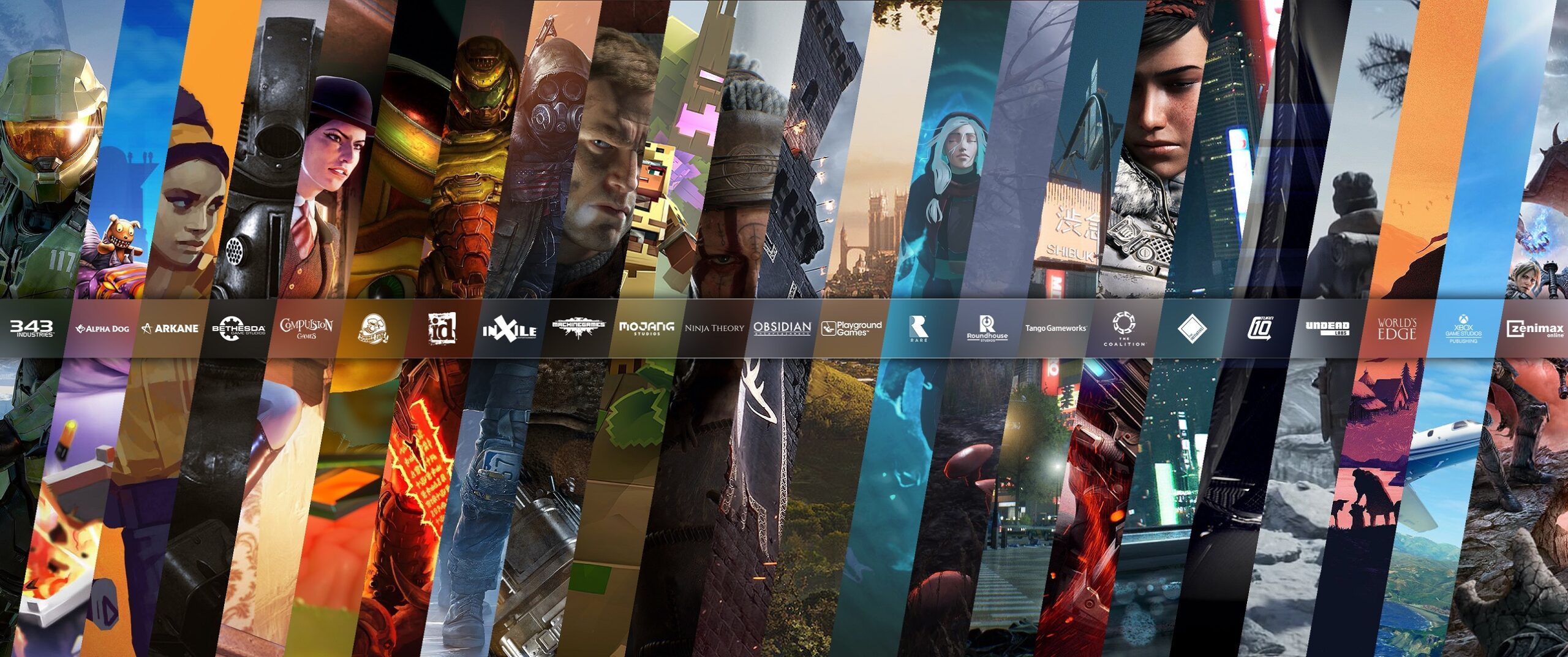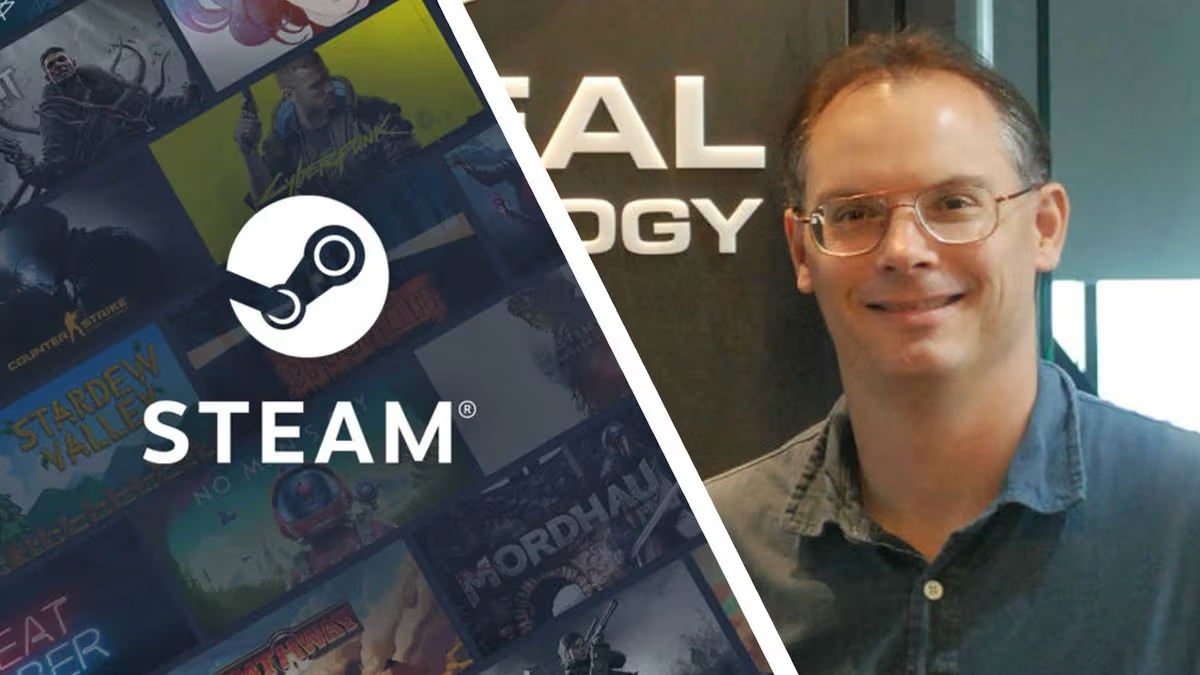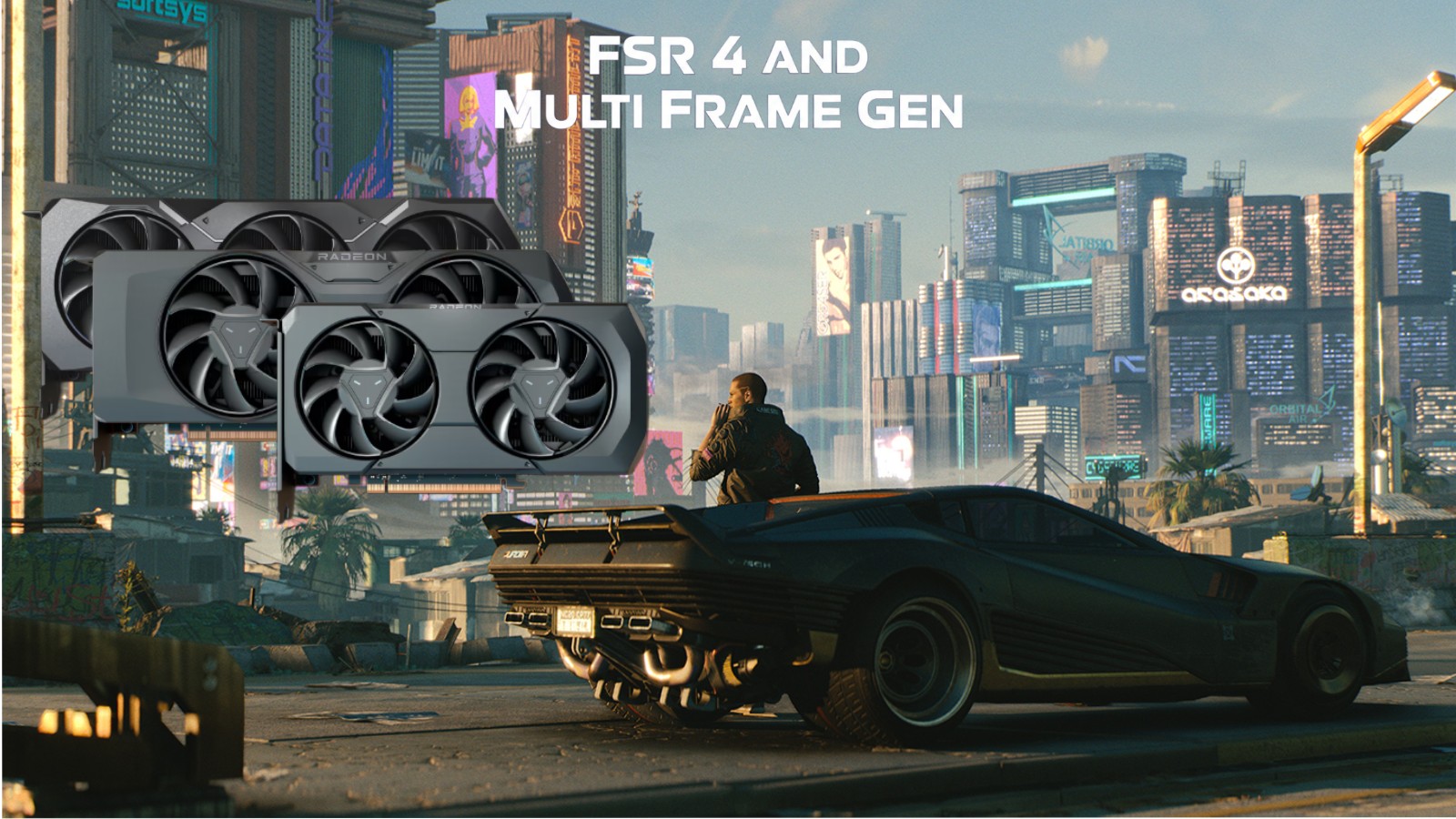It has been an entire year since Microsoft announced its plans to acquire Activision Blizzard for $68.7 Billion. Much has changed then, and Microsoft’s most ambitious acquisition has been subject to scrutiny from regulators like the FTC and CMA.
Last month, the FTC sued Microsoft over the ongoing acquisition, but the tech giant was not ready to back down. Sony has been the most significant rival to Microsoft, but a recent report claims that Nvidia and Google have also joined Sony in opposing the deal.
According to Bloomberg, Google and Nvidia have expressed concerns over Microsoft’s latest merger.
Google has also opposed the merger previously. The tech company seemed unhappy with the prospect of an acquisition of this scale, and Google has now joined Nvidia and Sony for further opposition.
According to Bloomberg, both companies have informed the FTC that this acquisition could give Microsoft an unfair and concerning edge over the competition. One source claims that Nvidia is not necessarily against the merger. Instead, Nvidia might have made a case for broad access to games.
Until recently, Google competed directly with Microsoft in the video games streaming market with Google Stadia. However, the service is being discontinued this month. Nvidia is also a competitor, with GeForce Now offering an extensive collection of games for streaming.
Previously, Nvidia was on a quest to acquire Arm in what would be the biggest merger in semiconductor history. However, Nvidia was sued by the FTC and faced opposition from Google and Microsoft. Nvidia was then ultimately forced to back off.
Microsoft appears to be facing similar difficulty, but the acquisition has also seen some approvals. Countries like Chile and Serbia favor the deal, and more countries are expected to follow suit in the coming months.
As major companies continue to express their concerns, Microsoft has remained adamant that the deal will bring more games to more people. Last month, Microsoft announced a 10-year commitment to get Call of Duty to Nintendo consoles as part of this push for a broader reach for Activision games.
Microsoft has also claimed gaming rival Sony is more focused on regulators than negotiating with Xbox. The former has previously offered a similar 10-year Call of Duty contract to Sony, but the gaming giants have been unable to reach an agreement.
Read Next: Assassin’s Creed Mirage Was Influenced By Fan Demand For Traditional Game
Thank you! Please share your positive feedback. 🔋
How could we improve this post? Please Help us. 😔
[Senior News Reporter]
Avinash is currently pursuing a Business degree in Australia. For more than 5 years, he has been working as a gaming journalist, utilizing his writing skills and love for gaming to report on the latest updates in the industry. Avinash loves to play action games like Devil May Cry and has also been mentioned on highly regarded websites, such as IGN, GamesRadar, GameRant, Dualshockers, CBR, and Gamespot.





